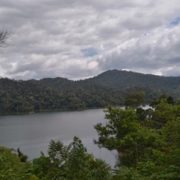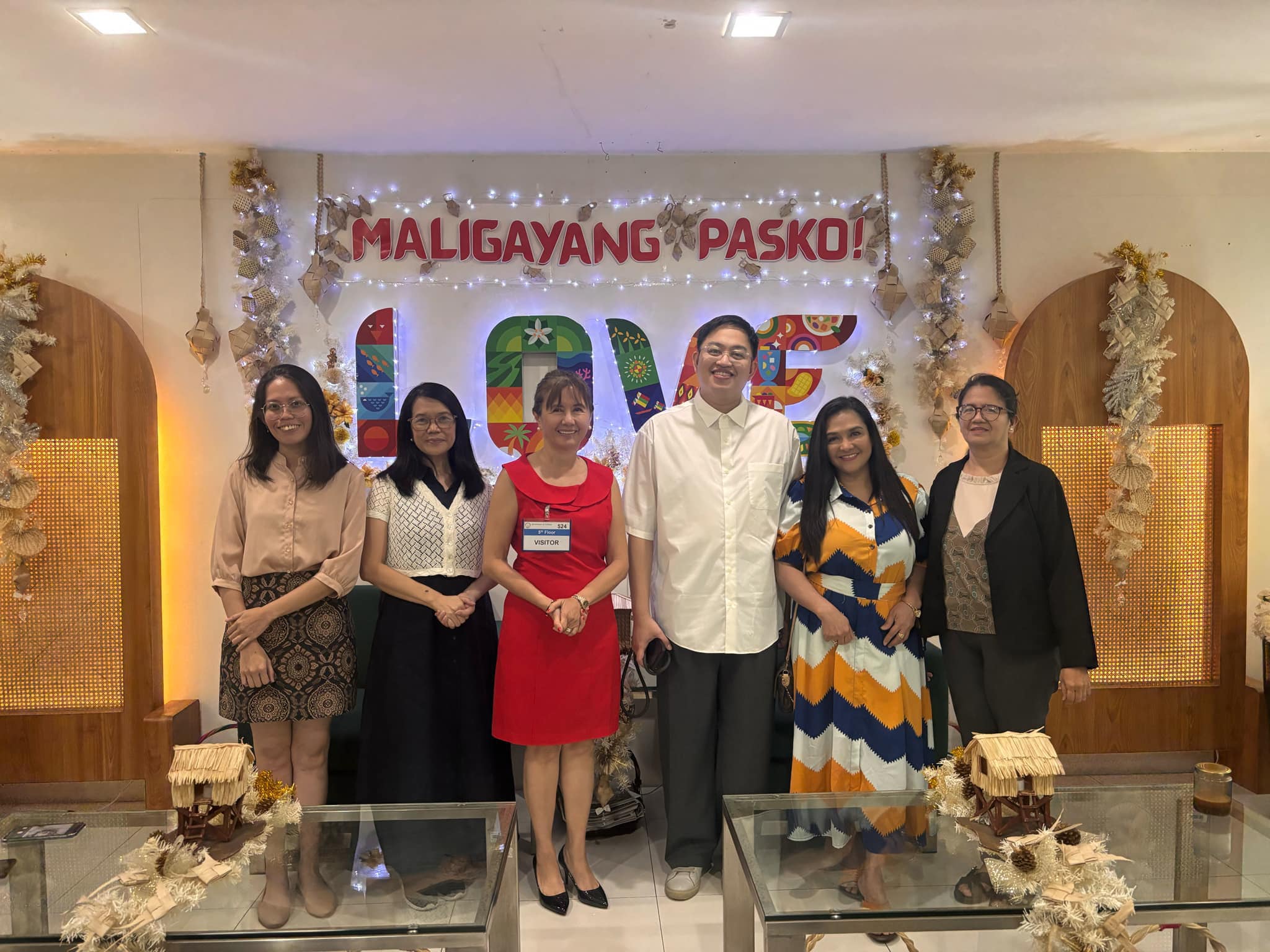
Protected area authorities in Malaysia and Thailand are working together to conserve a rainforest landscape of almost 260,000 hectares straddling the national border between the two ASEAN Member States.
Both share the common interest of improving the management of the cross-border forest area, which covers Royal Belum State Park in Perak, Malaysia, and Hala Bala Wildlife Sanctuary, Bang Lang National Park, and Halasah Non-Hunting Area in Southern Thailand.
The transboundary collaboration between Malaysia and Thailand will enhance the conservation of iconic species like tigers, hornbills, elephants, gaur, tapirs, and gibbons, which depend on forest habitats on both sides of the border for their long-term survival. As poachers, illegal loggers, and forest product collectors move back and forth across the border, the joint action will also make law enforcement more effective.
“We share the same forest, we share the same wildlife, we share the same trees, and we share the same poachers,” Mohd Shah Redza Hussein, director of the Perak State Parks Corporation in Malaysia, said emphatically. “We need to protect our forests and wildlife together, for our children and their children, for the future.”
In a recent technical meeting held at Royal Belum State Park, the two ASEAN Member States finalised the contents of a draft Memorandum of Understanding (MOU) and a joint action plan; and also established a joint technical working group. The MOU, which will guide the framework for collaboration between Malaysia and Thailand, is planned to be signed by the Perak State Parks Corporation in Malaysia and the Department of National Parks, Wildlife and Plant Conservation (DNP) Protected Area Regional Office 6 (Pattani Branch) in Thailand.

The parties are determined to push through with the collaboration and are hopeful on the outcome. Chongklai Worapongsathorn, deputy director general of Thailand’s DNP, expressed his full support and said he looks forward to “Thailand and Malaysia making history together.”
Protected area management authorities from Thailand and Malaysia, government representatives, and experts on protected area management and wildlife attended the meeting. The event was jointly organised by the ASEAN Centre for Biodiversity (ACB) and the Perak State Parks Corporation, and supported by the European Union through the Biodiversity Conservation and Management of Protected Areas in ASEAN (BCAMP) project.
ACB Executive Director Theresa Mundita Lim lauded Malaysia and Thailand’s move and underscored their potential for enhanced conservation. “Neighbouring protected areas usually have common issues and concerns,” she said. “When their management and staff exchange knowledge and best practices, and work together on future initiatives, conservation outcomes will be multiplied.”
Lim also added that collaboration between the two countries will ensure ecological connectivity between the different protected areas across boundaries. The bigger the area of interconnected forests or ecosystems is, the larger the populations of wildlife that can be supported. This will enhance the prospects of long-term conservation of key species and the sustainable benefits for communities who depend on the ecosystem services these wildlife resources provide.
The Malaysia-Thailand proposed transboundary protected area, when formally established, can also be an example of joint management of transboundary protected areas, which according to Lim, can further optimise conservation efforts in the ASEAN region.
—
Stay updated with news and information from the ASEAN Centre for Biodiversity by visiting their website at https://aseanbiodiversity.org.




